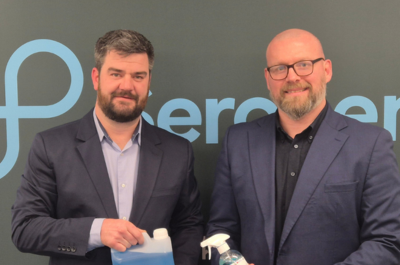Recent increases in employer National Insurance contributions are threatening to push youth unemployment even higher, according to a Telford-based employment expert.
Official figures from the Office of National Statistics (ONS) show youth unemployment has now reached 13.8 per cent - affecting nearly one million young people - and Alasdair Hobbs, of Human Results in Telford, said opportunities were becoming increasingly hard to come by for young job seekers.
The UK’s youth unemployment rate for 16-24 year olds has risen sharply from a post-pandemic low of 9.2 per cent in July 2022, with 948,000 young people now classified as not in education, employment, or training (NEET), according to the ONS.
Mr Hobbs, who has 35 years of experience in employment law, said the figure represented the highest level in over a decade.
“Recruitment has been getting steadily tougher in recent years, and the increased pressure from higher National Insurance contributions is making employers less inclined to hire younger, less experienced workers who can pose more of a risk,” he said.
“Businesses are facing a perfect storm of rising costs and the incoming Employment Rights Bill which will frankly make recruitment more of a risk for employers in general.
“When employment costs increase, companies understandably become more risk-averse in their hiring decisions. Unfortunately, young people with limited work experience are typically seen as higher-risk hires, making them particularly vulnerable in this environment.
“We know from speaking with our clients that many businesses are doing everything they can to avoid taking on new staff because the numbers simply don’t add up for them.”
The increase in youth unemployment has been driven partly by a surge in long-term sickness among 16-24 year olds, which has nearly doubled from 138,000 in 2014 to 271,000 in 2024, according to ONS figures.
A recent report by former John Lewis boss, Sir Charlie Mayfield, said the UK was at risk of an “economic inactivity crisis” due to such high levels of people out of work due to illness or disability.
One in five working age people are currently out of work, and not seeking work, according to the report, which was commissioned by the Department for Work and Pensions but produced independently.












Latest News